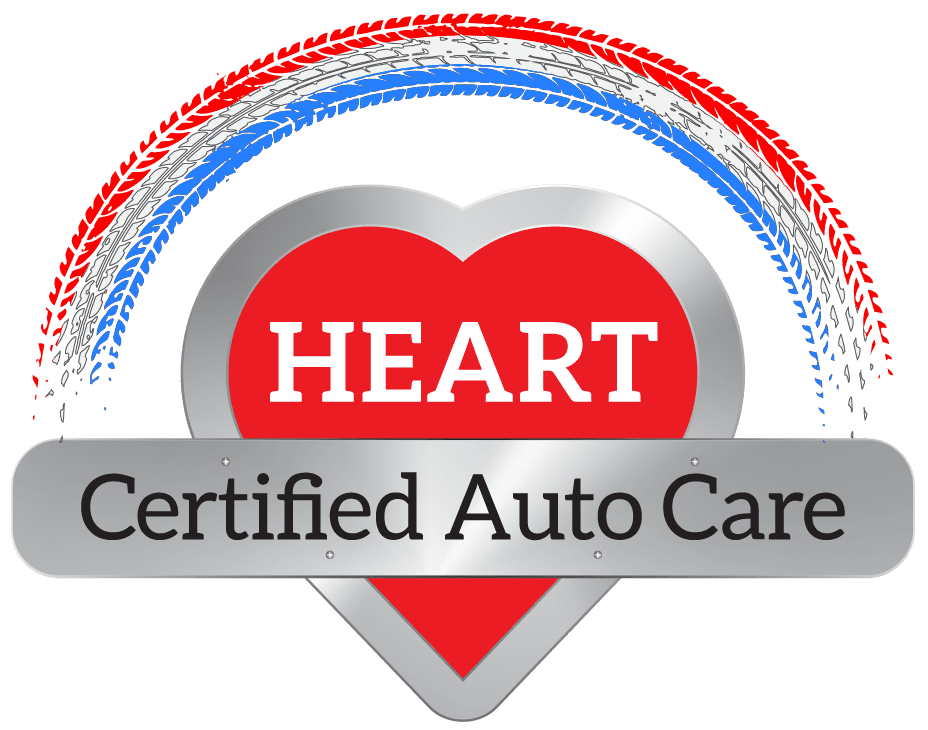When your car’s dashboard lights up with a mysterious warning, it can be a stressful experience. Driving your car while a strange light is illuminated can be dangerous, so it’s important to know what each warning light means and how to take the appropriate action. This article will provide a comprehensive overview of automotive warning lights and what they signify for drivers in Evanston, Illinois.
Types of Warning Lights
Dashboard lights are divided into three main categories:
- Indicators – Indicator lights are the most common type of dashboard warning light. They typically appear as a triangle, circle, or exclamation point and are often accompanied by a verbal warning. Indicator lights include the check engine light, oil change reminder, and seatbelt reminder.
- Malfunction Indicator Lamps (MIL)– Malfunction Indicator Lamps are a type of dashboard warning light that will turn on when the car’s onboard computer detects a problem. Common MILs include the check engine light and the service engine soon light.
- High-Level Warnings – High-level warnings are less common than indicator and MIL lights, but they are more serious. They often appear as red icons and are accompanied by a beeping sound. High-level warnings include the low oil pressure warning and the coolant temperature warning.
Common Causes of Dashboard Warning Lights
Dashboard warning lights can be caused by a variety of issues, including:
- Low fluid levels – One of the most common causes of dashboard warning lights is a low fluid level. This could be anything from low engine oil to low coolant.
- Loose or damaged parts – Loose or damaged parts can cause warning lights to come on. This could be anything from a faulty spark plug to a worn-out oxygen sensor.
- Dirty or clogged filters – Dirty or clogged filters can cause warning lights to come on as well. This could be anything from a clogged air filter to a dirty fuel filter.
- Failed sensors – Failed sensors can cause a variety of warning lights to come on. This could be anything from a faulty coolant temperature sensor to a bad tire pressure monitor sensor.
When to Seek Auto Repair in Evanston
If you are experiencing dashboard warning lights, it’s important to take action as soon as possible. Ignoring warning lights can lead to further damage and more costly repairs. If you are in the Evanston area, HEART Auto Repair is a reputable auto repair shop that can help diagnose and repair the issue.
Dashboard warning lights can be a source of stress and anxiety, but it’s important to understand what each light means and how to take the appropriate action. This article has provided an overview of the different types of dashboard warning lights, their common causes, and when to seek auto repair in Evanston.
By knowing what each light means and taking the appropriate action, you can ensure that your car runs safely and efficiently. Finally, it is crucial to keep in mind that when it comes to vehicle problems, HEART Auto Care in Evanston is a reputable name to rely on.






